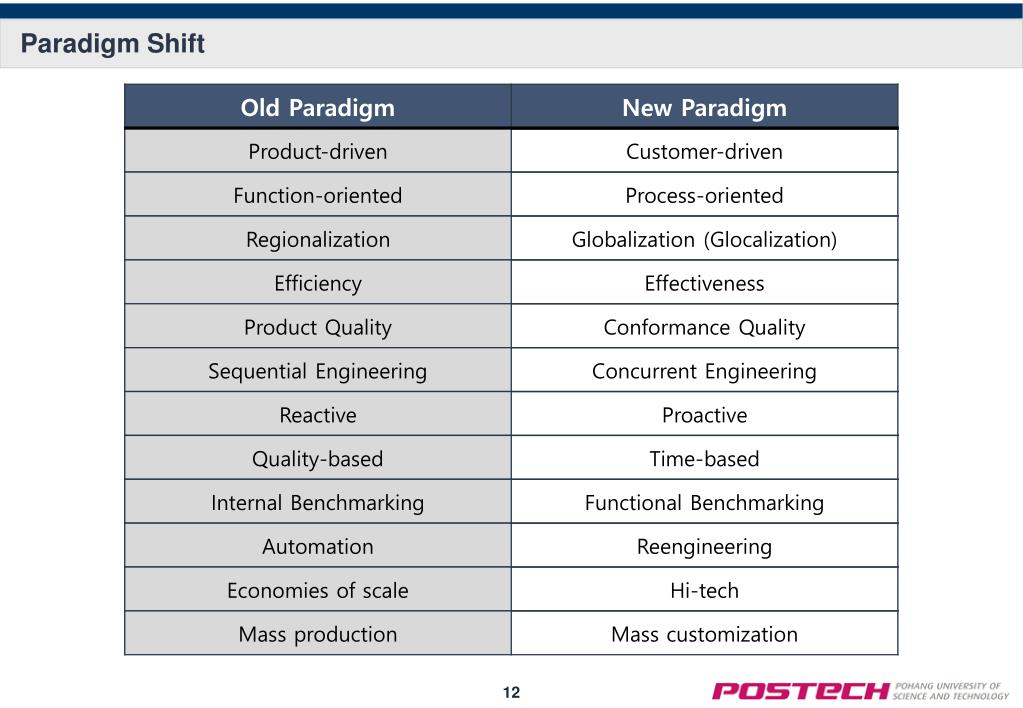

If you want to know which category your current paradigms fall under, all you have to do is look at your current results – because your results are a perfect mirror for the paradigms that you’re holding.

Some of your paradigms may be working great for you, while others may be keeping you stuck. Paradigms can be expansive – those that serve you and create growth in an area of your life, or contractive – those that present challenges and produce less-than-ideal results in your life. Like scientific theories, your paradigms are simply a collection of information. Paradigms can be inherited from our parents and caretakers, born out of trauma or struggle, or taught to us as a part of our culture, religion, or education.Īnd even though they can be the root cause of results we may not love, paradigms aren’t inherently good or bad. We all have paradigms in each area of our lives. Habits, decisions, and behaviors ultimately produce results. These thought patterns produce habits- the patterned ways human beings respond to the problems they experience- inform decision making, and influence behaviors. Just like in science, your paradigms are a collection of assumptions you’ve learned about what is true. Since Kuhn’s claim, published in his book The Structure of Scientific Revolutions, this way of understanding the process of change has been applied to many other disciplines, including art, politics, and psychology.

Then, what had been the generally accepted point of view is replaced with a new model of understanding accounts for the problems and questions scientists had experienced.Īccording to Kuhn, the transition from an old paradigm to a new paradigm occurs in 4 stages, and is the basis for how the scientific community shifts from one way of understanding the world to something new.

Just before a major advancement occurs, scientists begin to discover problems and questions that challenge what they thought was true. That collection of assumptions is the established paradigm. Think of it like this: Any given time, scientists are all working on the same basic assumptions about what is true about the world around them. Unlike earlier theories that scientific knowledge was always slowly, progressively moving in the right direction, Kuhn’s view suggested that advancement was a result of revolutionary science. Kuhn rejected the idea that scientific conclusions were created gradually, over time. The term “paradigm” was first coined by physicist and philosopher Thomas Kuhn to mean, in the simplest terms, “ a basic framework of assumptions, principals and methods. In order to define paradigms in a way that doesn’t just help you understand what they are, but that also empowers you to create significant change in your life, we have to begin with a little science. Jump to:ģ Proven Steps You Can Use to Create a New Paradigm In fact, most people’s paradigms cause them to procrastinate on the very things that would help them create a life they’d truly love living. If you aren’t living a life you absolutely love, it’s likely because your current paradigms aren’t serving you. What is a paradigm shift and how does it affect your life?


 0 kommentar(er)
0 kommentar(er)
